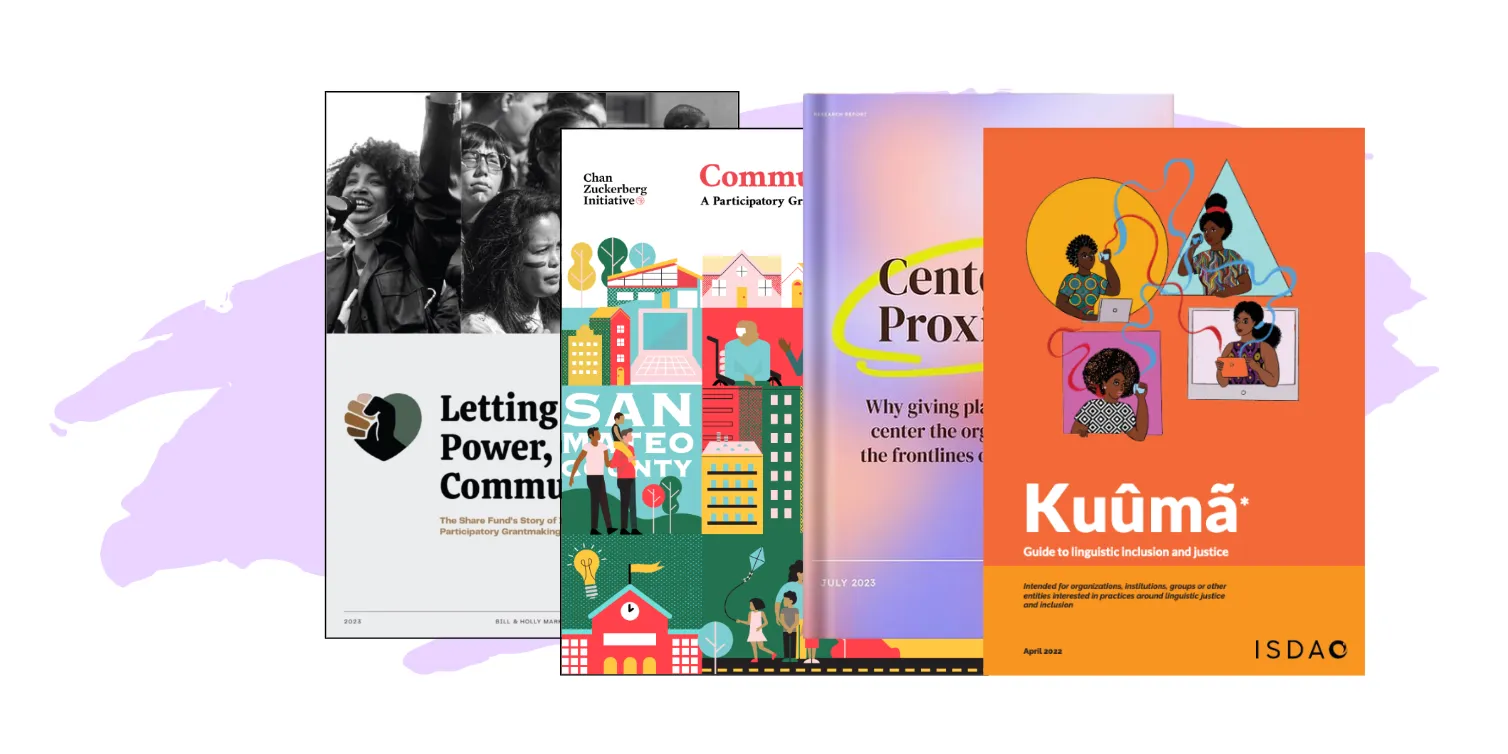The energy at G-Gallery on March 10th is convivial, vibrant. Outside, protestors were just marching in support of Mahmoud Khalil. Inside, fifty or so people have gathered for a panel organized by Funding Freedom and Funders4Palestine.
The evening is meant to explore the findings of Funding Freedom’s new report, Repression, Retrenchment, and Resilience: Philanthropy and Support for Palestinian Liberation after a Year of Genocide, spiral-bound copies of which are on display near the entrance.
The report finds since October 7, US funders have pulled at least $8 million from nonprofits that express solidarity with Palestinians. They estimate that true number to be much higher. Indeed, within weeks of the event, Wellspring Philanthropic Fund was the latest to withdraw $250,000 from the advocacy organization 18 Million Rising for this reason.
The event in New York City is a moment to take stock. The display tables are draped with keffiyehs and adorned with orange roses, and photos by the Untold Palestine Collective hang on the walls: an action shot of a young man with a prosthetic leg shooting hoops, a portrait of Gaza’s first female truck driver. The panelists prepare to reflect on the past fifteen months, and contemplate what comes next.
Contradictory, conditional aid
The evening opens with remarks from Soheir Asaad, co-director of Funding Freedom and Advocacy team member at Rawa Fund, who acknowledges the ongoing genocide in Gaza and Israel’s colonial expansion to Lebanon and Syria. The mood is further set by a collaborative performance in which Huda Asfour plays the oud while Farah Barqawi reads poetry. “How do people return,” Barqawi asks, “from unbelief to faith? Tunnels to riverbanks?”
As the panel discussion unfolds, the speakers introduce a number of questions. How do movements express solidarity with Palestine despite the risk of losing funding ? How do organizers reconcile using wealth accumulated through imperialism in the fight for liberation? How to move forward amidst increasing threats and repression?
Rebecca Vilkomerson, Funding Freedom’s other co-director, immediately contextualizes the present moment with findings from the first Funding Freedom report on Palestine, published in 2022. As the cross-movement struggle for Palestinian liberation has grown over the last decade, she says, it has also become a wedge issue for the right to defund and break the left. While accusations of antisemitism, smear campaigns, and the use of “terrorism” language to scare off funders have all grown more prevalent over the past year, they have been part of the funding landscape for a long time.
Indeed, when it comes to Palestine, philanthropy has always been a double-edged sword. Asaad reminds us that the pattern of contradictory aid has persisted since the Oslo Accords: aid comes out of endowments invested in weapons manufacturing, aid is dropped by the same parties as are dropping bombs, aid is couched in geographic clauses and extenuating conditions and accompanied by extensive surveillance.
Due to the profitable nature of the occupation, Asaad notes, international aid is often used as a means to crush the Palestinian liberation movement, depoliticize resistance and further Israel’s displacement project.
A “mass silencing effect”
When organizations hesitate to express support for Palestinian liberation for fear of losing funding, it creates what Rosa Bransky, co-founder of Purposeful, characterizes as a “mass silencing effect”. The fear is not unfounded—panelists name the Arab Resource and Organizing Center and the Movement for Black Lives as examples.
Yet, throughout the night, panelists urge organizers against letting these funding threats compromise their political integrity. “If we cannot find each other,” Bransky says, “they are going to win. We need to protect the work and we need to be a little less silent with each other.”
As an example, Tynesha McHarris, co-founder of the Black Feminist Fund, cites the right’s attempts to recruit Black people to the Zionist project in reaction to the historic solidarity between Black and Palestinian people. “Their project is to make us forget who we are,” she says.

Still, McHarris notes the long affinity between these struggles, from the ready criminalization of Black and Palestinian people to comrades in Palestine sharing liberatory tactics with organizers in Ferguson, and emphasizes the power and beauty that continues to be borne from this affinity. “[We must] move past being governed and organized by fear,” she says, “and accept being [defiant] against anyone who seeks to erase us.”
A “basket of resources”
The March 10 event was timed with the release of a list of eleven actions that philanthropy can take “to work with and for our communities.” They include integrating Palestine into all philanthropic portfolios; removing bureaucratic hurdles; and divesting endowments from companies that deal in weapons and genocide.
Still, several panelists suggest that organizations working in solidarity with Palestine move away from relying wholly on philanthropy and instead diversify their means of sustenance.
Asaad notes that, since October 7, mutual aid organizations have outpaced philanthropists in providing money to the region. That includes 30,000 GoFundMes which have raised upwards of $190 million since the start of the genocide.
While some aspects of these fundraisers remain questionable, Asaad clarifies later, “this brings into mind the question of relevancy or irrelevancy, of philanthropy. If it doesn't move into asking itself how it can be a better ally of grassroots [organizations] in this situation, how it actually can move money… in ways that are not harmful, [people] are just going to do mutual aid.” In turn, this ought to push philanthropy to support local grassroots organizations doing mutual aid on the ground in Gaza more directly.
“It is a lot harder to take money away than to not give money. [We need to] get as many resources as possible while we can.”
Beyond that, Asaad invites organizations to learn from Palestinian initiatives that work to minimize their dependency on philanthropy: build funds that support organizations which were punished, develop ways to hold philanthropy accountable, and create what Palestinians call “‘a basket of resources,’ where different organizations can offer their services to each other.”
“We need to learn how to shift and how to do the work,” she concludes, “and not only to respond to punishment.”
Some of this is already taking place—the aforementioned organizations which had their funding pulled, along with others such as SURJ, Rising Majority, and the Center for Constitutional Rights, saw parallel organizations stepping in to pool support and fill some of the sudden funding gaps. One panelist also notes that intermediaries are particularly equipped to leverage their unique positionalities to move resources to one another, thus building solidarity and strengthening movement infrastructure across different communities.
In general, panelists urge organizations to move strategically and practically, make the most of funding while it’s there, learn from the Global South, and treat every grant like it’s their last.
“It is a lot harder to take money away than to not give money,” says McHarris. “[We need to] get as many resources as possible while we can.”
“We have to stop being so romantic about money,” Bransky adds. “None of this money was intended for liberation. And yet we used it.”
Finally, panelists urge organizers to see this moment as a call for grounding in one’s principles and recommitting to the work. “Go internal, make sure our houses are strong,” one panelist advises. “Be clear about why we’re doing what we’re doing. ‘Why’ is a north star for being courageous.”








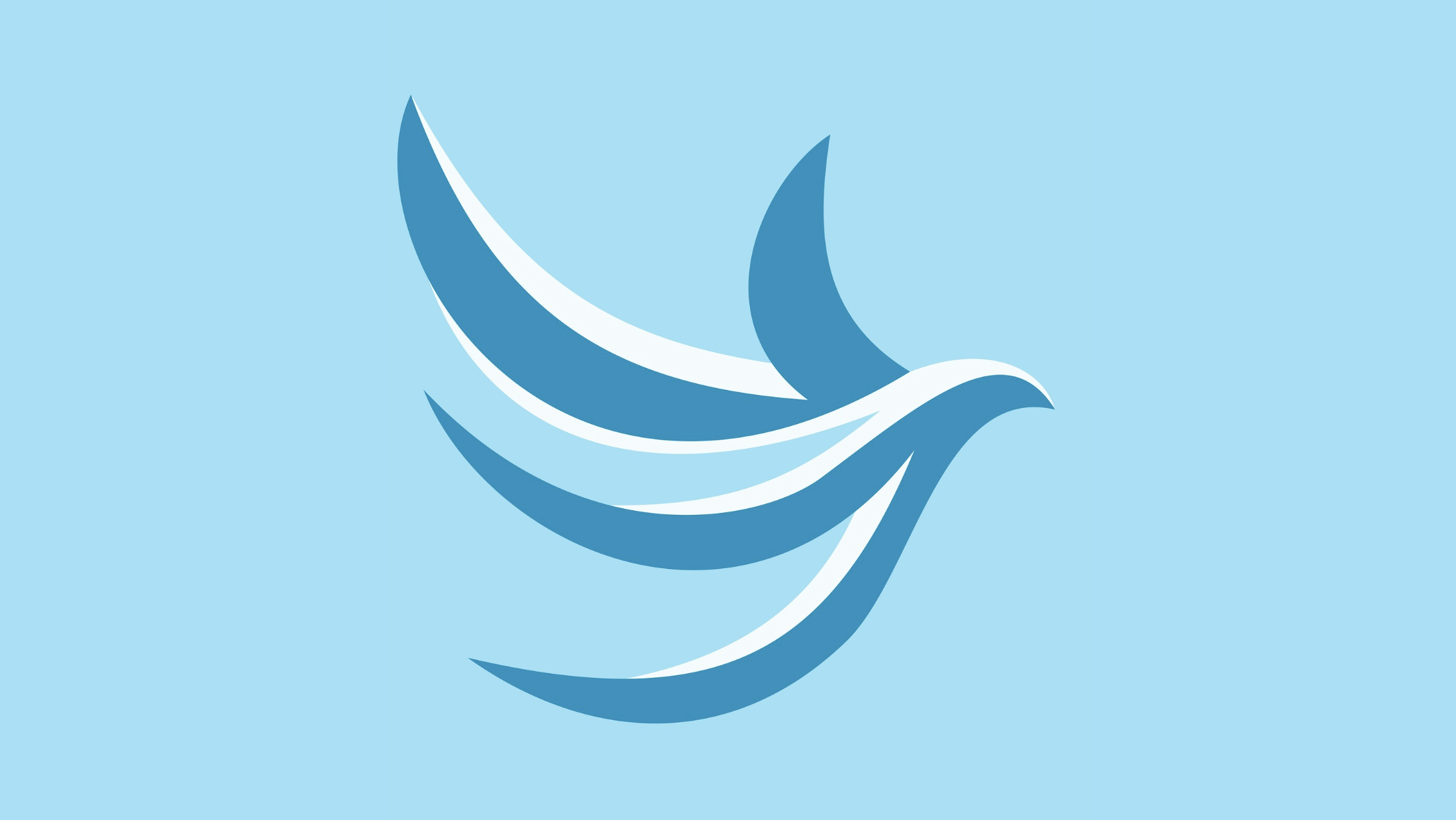

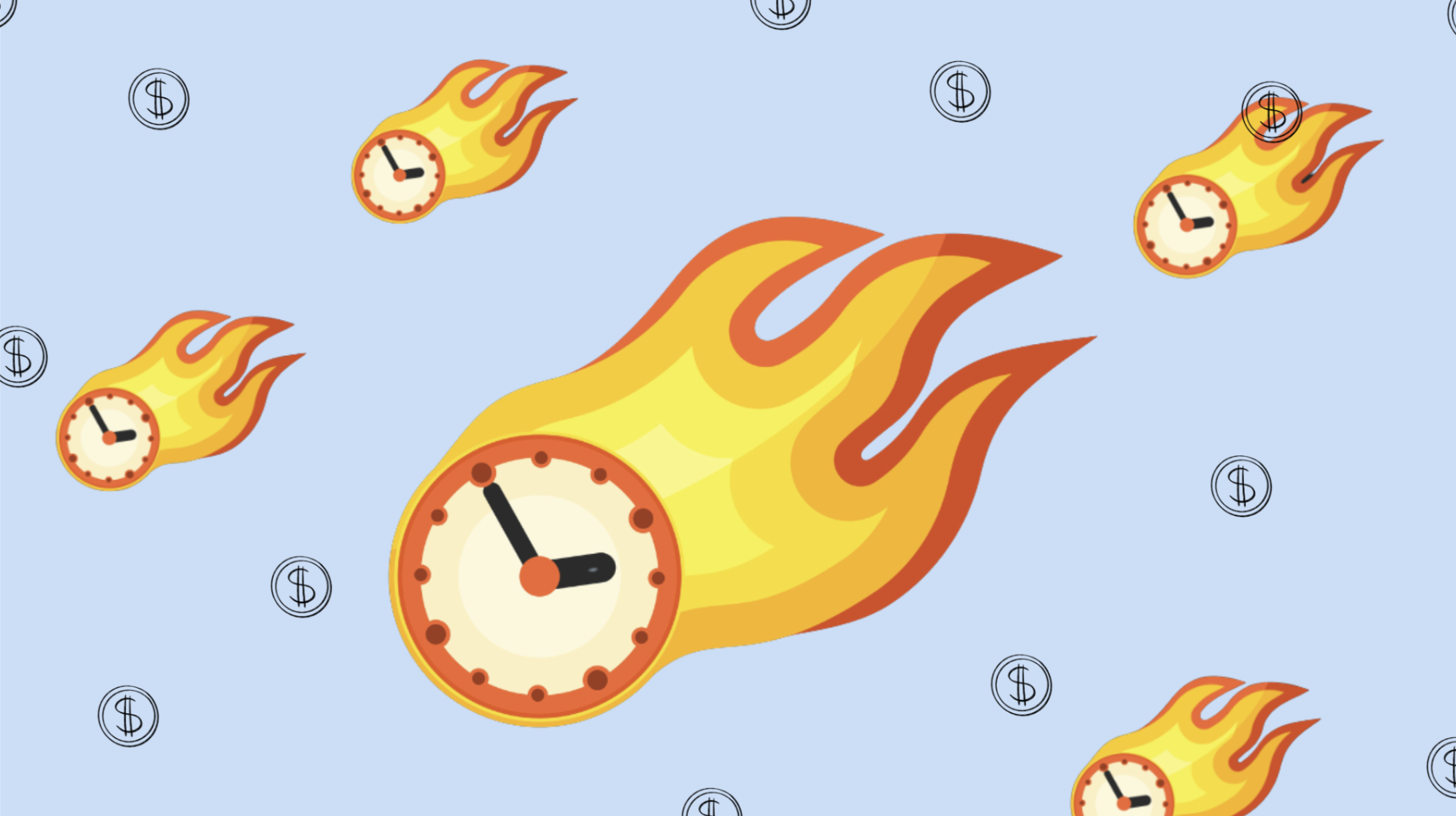
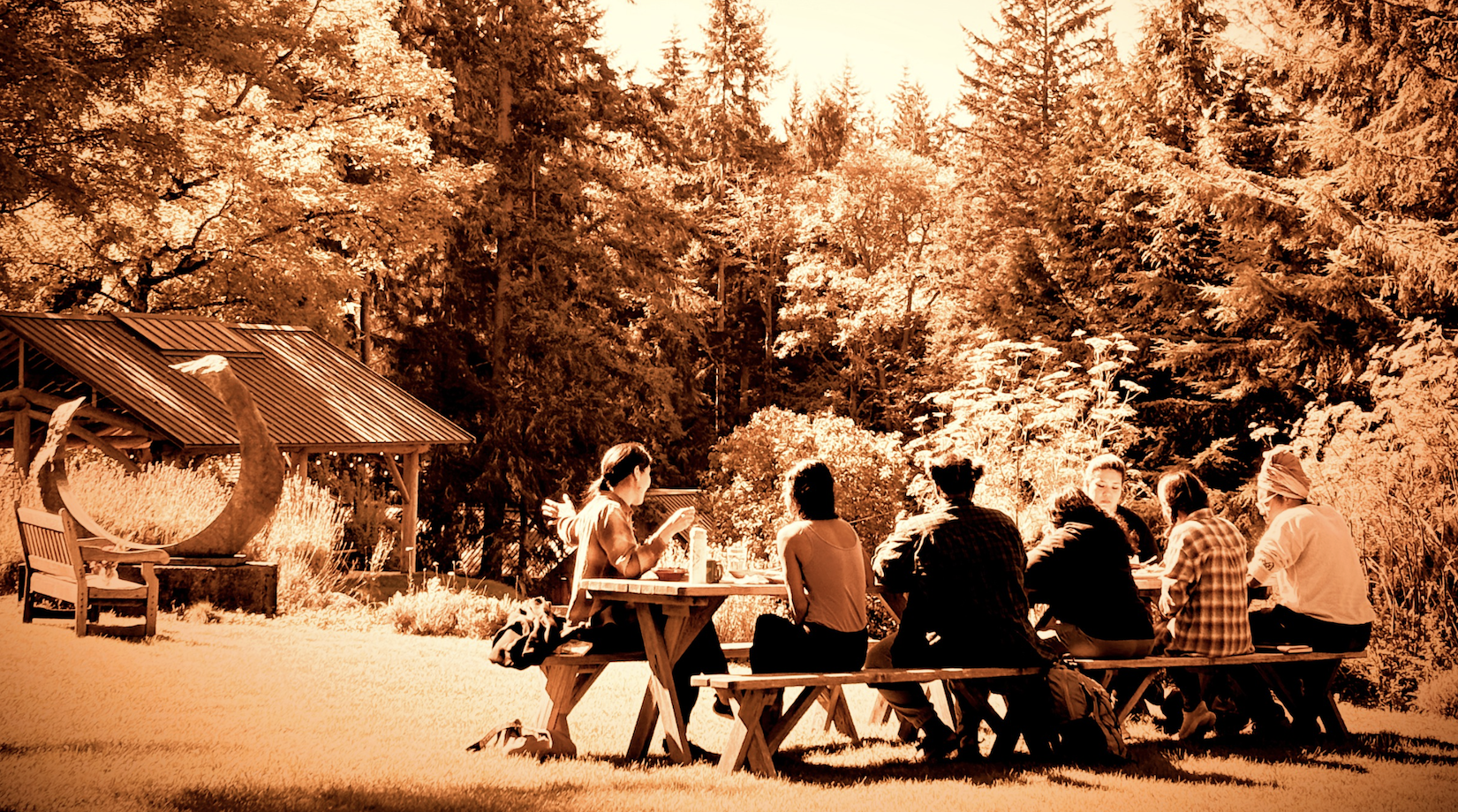

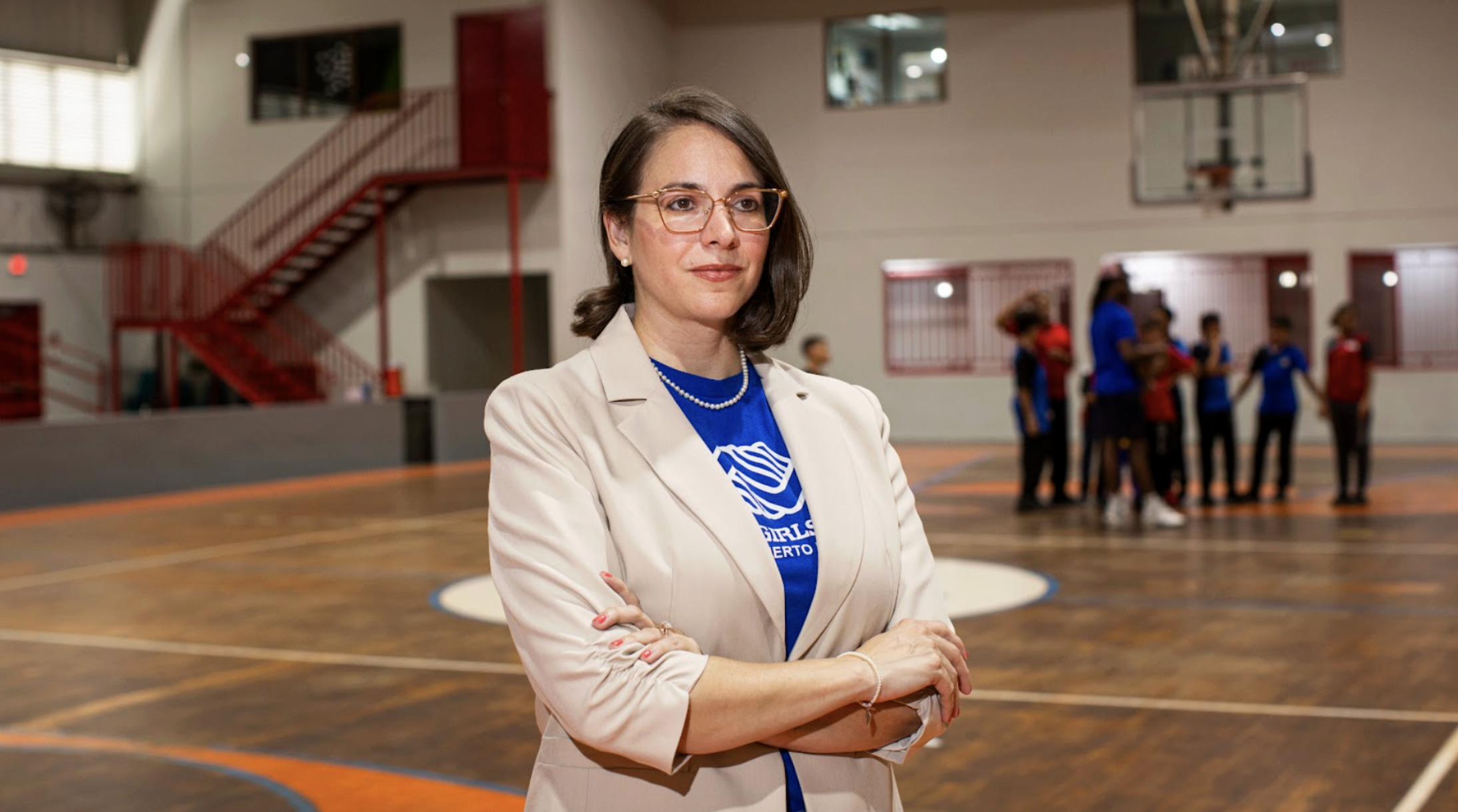
.webp)

.webp)
%20(1280%20x%20720%20px)%20(41)%202.webp)
%20(1280%20x%20720%20px)%20(38).webp)
%20(1280%20x%20720%20px)%20(31).png)

%20(1280%20x%20720%20px).webp)










.webp)






.webp)
.gif)
.webp)


.gif)






